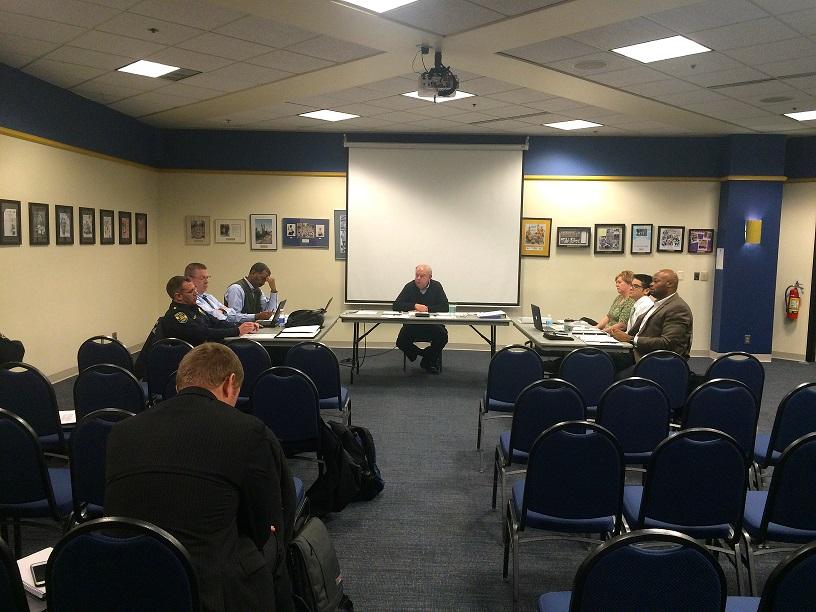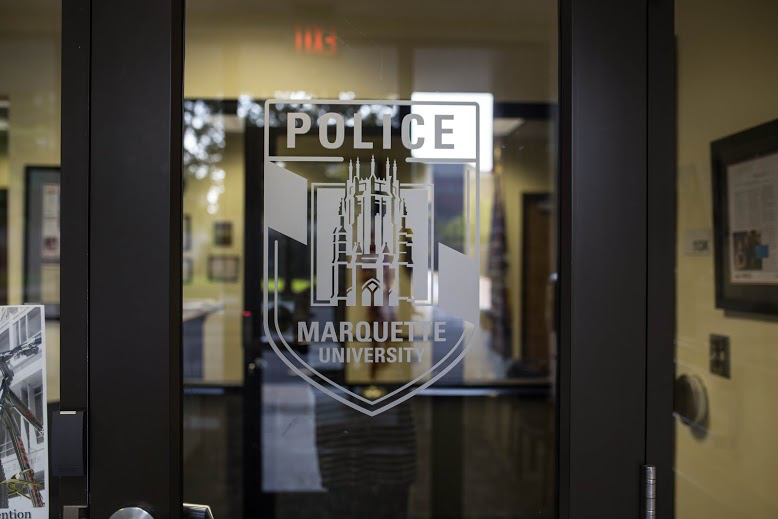For most college students, buying healthy and affordable food is inconvenient. At Marquette, it’s almost impossible.
Marquette is located in a food desert. The United States Department of Agriculture defines a food desert as an urban neighborhood or rural town “without ready access to fresh, healthy and affordable food.” According to this definition, Avenues West is a food desert.
So how should Marquette students tackle this inconvenience?
Here are the top five ways to save money and eat well in regard to Milwaukee’s food desert status:
Story continues below advertisement
- Look for coupons: Jim Pokrywczynski, associate professor of strategic communication and expert on coupon usage, said there are no clear patterns on products that offer coupons. However, new packaging tends to have coupons during intro periods to encourage purchases. While coupon usage clearly makes your budget go further, it also brings an emotional satisfaction with saving money, Pokrywczynski said.
- Beware of potentially misleading packaging: “This shows a difficulty for a lot of consumers. It’s very challenging,” said Craig Andrews, professor and chair in marketing. The Food and Drug Administration defines food terms but does not often look into their consumer context. Andrews cited a recent Supreme Court case in which POM Wonderful, a beverage company, sued Coca Cola for claiming one of its beverages as a “100 percent fruit juice blend,” when in reality, it contained only 0.5 percent juice. POM claimed that Coca Cola’s product was taking business from their beverage, which is 99 percent juice. Justice Anthony Kennedy wrote the majority opinion, saying that the packing could “mislead and trick consumers.”
- Consider organic and non-GMO foods: Kristin Kipp, adjunct professor of physical therapy and licensed dietitian, suggests taking advantage of the Marquette Farmers Markets on campus during fall. “Life only gets busier,” Kipp said. “Laying the foundation for good health by incorporating good eating habits into your routine can help. That means taking the time to plan, buy and prepare healthy meals at home.”
- Take the time to read labels: this is Andrews’ main suggestion. “The daily value percentages are really important,” Andrews said regarding per-serving amounts on nutrition fact labels. Andrews also said that just because an item is advertised as lower in sodium or saturated fat, consumers should still pay attention to its content. Therefore, carefully read labels when time permits.
- Develop healthy eating habits: though Marquette’s food desert status is inconvenient for college students, it is important to stay committed to a healthy lifestyle. “All habits are learned, good or bad,” Kipp said, including those involving food choices. She suggested using the provided bus passes to stock up on healthy and affordable foods at local grocery stores and educate yourself on deals in the area.







Brad Krause • Sep 24, 2015 at 6:25 pm
There is a food kiosk at the hospital where there are very healthy options available. Outpost foods which is a health foods chain in the Milwaukee area operates the kiosk.